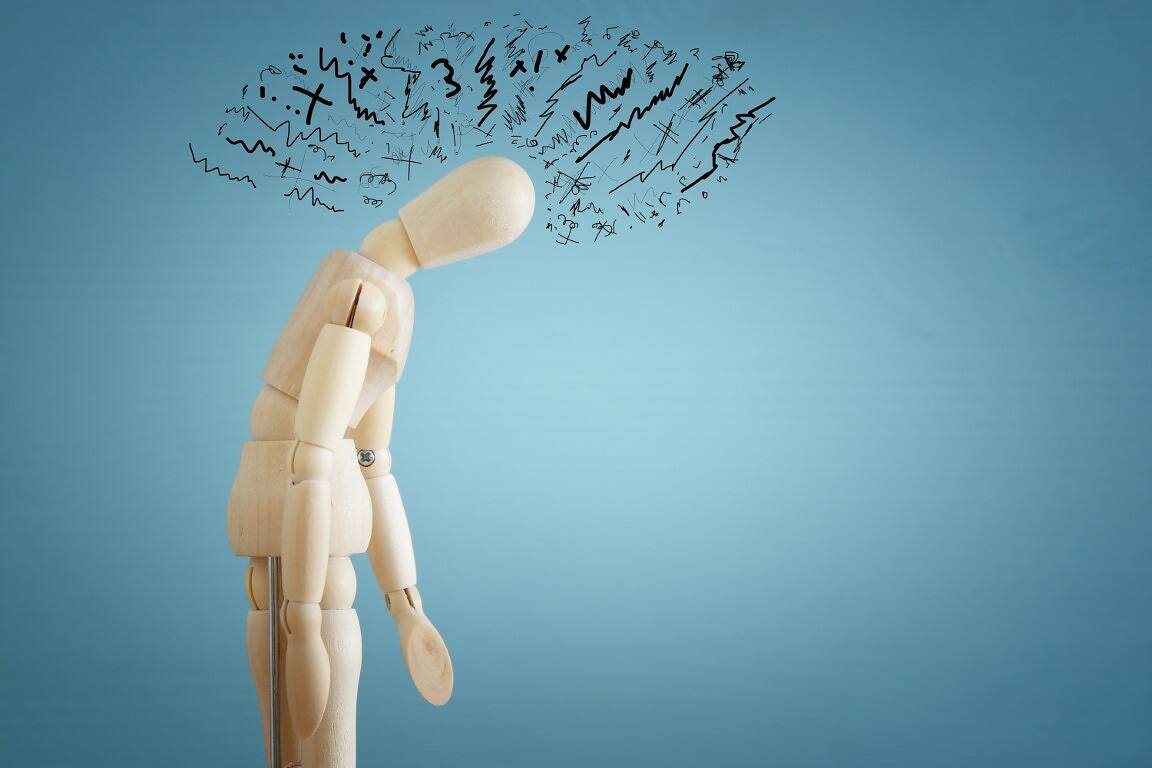
Understanding Cocaine Detox: A Comprehensive Guide to Safe Withdrawal
Cocaine detox is a crucial first step for those seeking to break free from cocaine addiction. It’s the process of allowing the body to eliminate the drug while managing the challenging withdrawal symptoms that follow. Cocaine detoxification involves understanding the risks and side effects, with the main risk being withdrawal symptoms, which can be effectively managed with appropriate medications and care. Understanding this process is vital for anyone considering treatment for cocaine abuse or supporting someone through their recovery journey.

This guide aims to provide clear, practical information about cocaine detox, including what to expect during withdrawal and how to navigate this challenging but essential phase of recovery.
What is Cocaine Detox?
Cocaine detox is the process of clearing cocaine from your system, allowing your body and brain to begin healing from the drug’s effects. It’s more than just waiting for the substance to leave your body—it’s a comprehensive approach to managing the physical and mental challenges that arise when you stop using cocaine.
During detox, your body works to rebalance itself without the drug. At the same time, you’ll start addressing the psychological aspects of addiction. This dual focus is crucial because cocaine affects both your physical health and your mental state. Addressing any co-occurring substance abuse issues during the detox process is also essential to ensure a safe and effective recovery.
Cocaine Withdrawal Symptoms
When you stop using cocaine, your body and mind react to the absence of the drug. This reaction, known as withdrawal, can be challenging. When cocaine withdrawal symptoms manifest, they primarily affect your psychological state rather than producing significant physical symptoms.
Psychologically, you might experience:
- Intense mood swings, including anxiety and depression
- Intense cravings for cocaine
- Difficulty focusing or concentrating
- Trouble sleeping, often accompanied by vivid or unsettling dreams
Physically, your body may respond with:
- Extreme tiredness or fatigue
- Headaches that can range from mild to severe
- A sudden increase in appetite
- Various aches and pains, including muscle soreness and nerve pain
These symptoms are temporary and a sign that your body is beginning to heal. The intensity and duration of withdrawal can vary from person to person, depending on factors like how long and how heavily you’ve been using cocaine.
While these symptoms can be uncomfortable, proper medical supervision during detox can help manage them effectively, making the process safer and more comfortable.
The Cocaine Detox Process
The process typically begins with a medical evaluation to assess the individual’s physical and mental health. This is followed by a personalised treatment plan that may include medication, therapy, and support groups.
The cocaine detox process can be divided into three main phases: acute withdrawal, post-acute withdrawal, and protracted withdrawal.
Cocaine Detox Timeline
Understanding the timeline of cocaine detox can help you prepare for what’s ahead. While everyone’s experience is unique, there are generally three main phases you can expect. The severity of substance withdrawal symptoms can vary significantly, and seeking professional support is crucial for managing these challenges.

Acute Phase
This initial stage typically lasts about 1-2 weeks after your last use of cocaine. It’s often the most challenging part of detox. During this time:
- Withdrawal symptoms tend to reach their peak intensity
- You’re likely to experience strong cravings for cocaine
- Extreme fatigue is common as your body adjusts to functioning without the drug
- Feelings of depression or mood swings may be intense
- You might have trouble sleeping or experience vivid dreams
These acute, uncomfortable symptoms are temporary. Many people find that having support during this phase, whether from professionals or loved ones, can make a significant difference.
Post-Acute Withdrawal Syndrome (PAWS)
Following the acute phase, you may experience Post-Acute Withdrawal Syndrome (PAWS). This phase can last for several weeks to months and is characterised by:
- Mood swings and emotional instability
- Anxiety and panic attacks
- Decreased energy and fatigue
- Cognitive difficulties, such as problems with memory and concentration
- Sleep disturbances
- Increased sensitivity to stress
PAWS symptoms can be particularly challenging because they tend to come and go, sometimes without warning. This “emotional rollercoaster” can be frustrating. Still, it’s a normal part of the healing process as your brain chemistry rebalances.
Protracted Phase
The protracted phase, which can overlap with PAWS, can last for several months or even years and is characterised by:
- Less intense but potentially lingering symptoms
- Occasional cravings for cocaine, often triggered by stress or reminders of past use
- Persistent feelings of depression or low mood for some individuals
- Gradual improvement in energy levels and sleep patterns
- Ongoing challenges with mood regulation and stress management
During this phase, it’s common to have good days and bad days. Many people benefit from ongoing support and therapy during this phase to maintain their progress and develop coping strategies for long-term recovery.
While this timeline gives a general idea of what to expect, your personal experience may vary. Factors like how long you’ve been using cocaine, the amount typically used, and your overall health can all influence your detox process. Always consult with healthcare professionals for personalised advice and support throughout your recovery journey.
Managing Cocaine Detox Safely
Here’s what you need to know about creating a supportive environment and accessing helpful treatments. Detoxing from drug abuse, particularly cocaine dependence, presents significant challenges, making it crucial to seek professional help for a successful recovery.
Support Systems
You generally have two main options: inpatient or outpatient programs.
Inpatient programs offer
- 24/7 medical supervision
- A structured environment free from triggers and temptations
- Immediate access to support when cravings or symptoms intensify
Outpatient programs allow you to
- Continue with some daily activities or work
- Stay connected with your support network at home
- Attend regular check-ins and therapy sessions
Regardless of which you choose, you must have a supportive environment. This might include understanding family members, supportive friends, or a community of others in recovery. Their encouragement can make a significant difference in your detox journey.
Medications and Therapies
While there’s no specific medication to treat cocaine addiction, certain medications can help manage detox symptoms:
- Sleep aids may be prescribed to help with insomnia
- Anti-anxiety medications can help manage stress and anxiety
- Antidepressants might be used to address mood issues
Medication is just one part of the picture. Therapy, particularly Cognitive Behavioral Therapy (CBT), plays a crucial role in addressing the psychological aspects of addiction. CBT can help you:
- Identify and change negative thought patterns
- Develop coping strategies for cravings and stress
- Address underlying issues that may have contributed to cocaine use
The goal of detox is not just to get the drug out of your system but to set the stage for long-term recovery.
Risks and Side Effects of Detox
Detoxing from cocaine can be associated with several risks and side effects, including:
- Intense cravings and withdrawal symptoms
- Suicidal thoughts and behaviours
- Anxiety and depression
- Insomnia and fatigue
- Increased heart rate and blood pressure
- Seizures and tremors
It is strongly recommended to undergo detox under the supervision of a medical professional to minimise the risks and side effects. Medications and therapy can be used to manage withdrawal symptoms and prevent complications.
Can I Detox from Cocaine At Home?
While it is possible to detox from cocaine at home, it is not recommended. Detoxing at home can be dangerous, especially if the individual is experiencing severe withdrawal symptoms or has a history of mental health conditions. Additionally, detoxing at home can increase the risk of relapse, as individuals may not have access to the support and resources they need to manage cravings and withdrawal symptoms.
It is recommended to undergo detox at a medical facility or treatment centre, where individuals can receive medical supervision, medication, and therapy to manage withdrawal symptoms and prevent complications.
Benefits of Detoxing from Cocaine
While the process of detoxing from cocaine can be challenging, it’s important to remember the significant benefits that come with this crucial step towards recovery. Let’s explore how detoxing can positively impact your mental health, physical well-being, and overall quality of life.
Mental Health Improvements
As your body clears itself of cocaine, you’ll likely notice several positive changes in your mental state:
- Improved mental clarity: Without the fog of drug use, you’ll be able to think more clearly and make better decisions.
- Reduced anxiety: As your brain chemistry stabilises, you may experience a decrease in feelings of paranoia and anxiety that often accompany cocaine use.
- Emotional stability: You’ll start to regain control over your emotions, experiencing fewer mood swings and a more balanced emotional state.
- Enhanced memory and concentration: Your ability to focus and recall information should improve as your brain heals.
Physical Health Benefits
Detoxing from cocaine can lead to significant improvements in your physical health:
- Better sleep patterns: You’ll likely find falling asleep easier and enjoying more restful, restorative sleep.
- Increased energy levels: As your body recovers, you’ll experience more natural, sustained energy throughout the day.
- Improved appetite and nutrition: Your appetite will likely return to normal, allowing you to nourish your body properly.
- Relief from physical symptoms: Issues like headaches, muscle pain, and cardiovascular problems often associated with cocaine use may start to subside.
Regaining Control of Your Life
Perhaps one of the most significant benefits of detoxing is the opportunity to reclaim control over your life:
- Renewed focus on personal goals: With a clear mind, you can start to set and work towards meaningful personal objectives.
- Improved professional performance: Better concentration and reliability can enhance work or academic performance.
- Healthier relationships: As you become more emotionally stable and present, you can start rebuilding and strengthening your relationships with family and friends.
- Financial stability: By eliminating the cost of drug use, you can begin to recover financially and plan for the future.
These benefits don’t all appear immediately after detox, but they do start to unfold as you progress in your recovery journey. Each person’s experience is unique, and you may notice some benefits more quickly than others. The key is to stay patient and focused on your recovery goals.
Detoxing from cocaine is a courageous first step towards a healthier, more fulfilling life. While the process can be challenging, keeping these benefits in mind can help motivate you through difficult moments. Always remember that support is available, and with time and effort, you can achieve lasting positive change in your life.
Conclusion
As we wrap up our discussion on cocaine detox, let’s take a moment to reflect on the key points we’ve covered and look ahead to the journey of recovery.
- Detox addresses both the physical and psychological aspects of cocaine dependence.
- Withdrawal symptoms can be intense but are manageable with proper support.
- The detox timeline varies but typically includes an acute phase followed by a longer protracted phase.
- Professional support, whether through inpatient or outpatient programs, can significantly improve your chances of successful detox and long-term recovery.
- While challenging, detox offers numerous benefits, including improved mental clarity, better physical health, and the opportunity to regain control of your life.
You have the strength within you to make this change. Reach out for help, lean on your support system, and take it one day at a time. Every step forward, no matter how small, is a victory. With determination, support, and the right resources, you can overcome cocaine addiction and build the life you envision for yourself.
You’ve got this. Your journey to recovery starts now, and a brighter, healthier future awaits.
References

